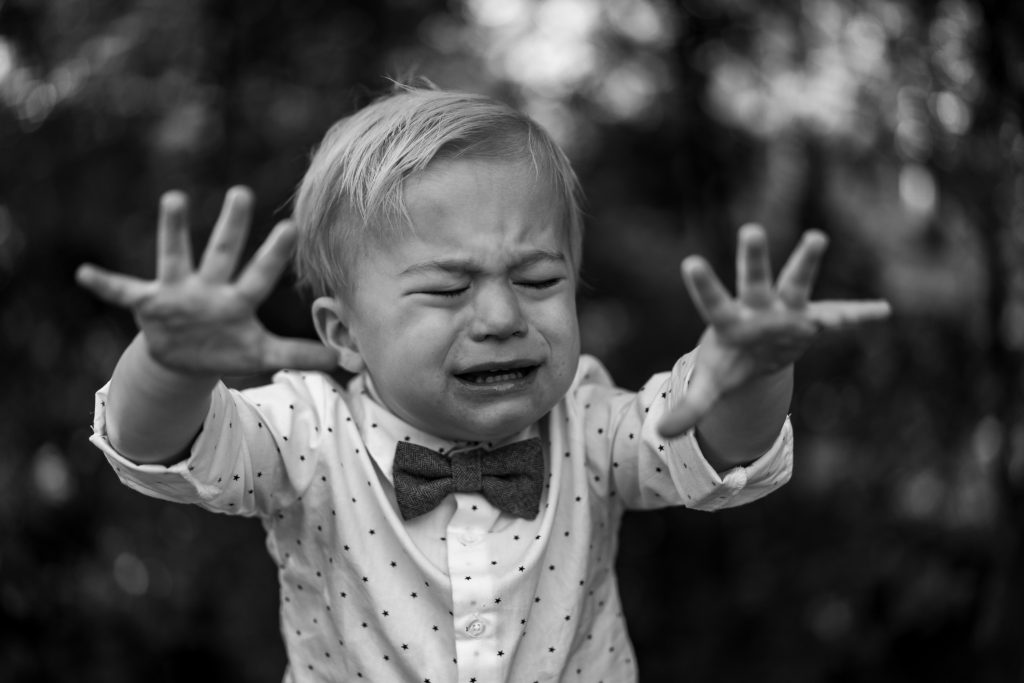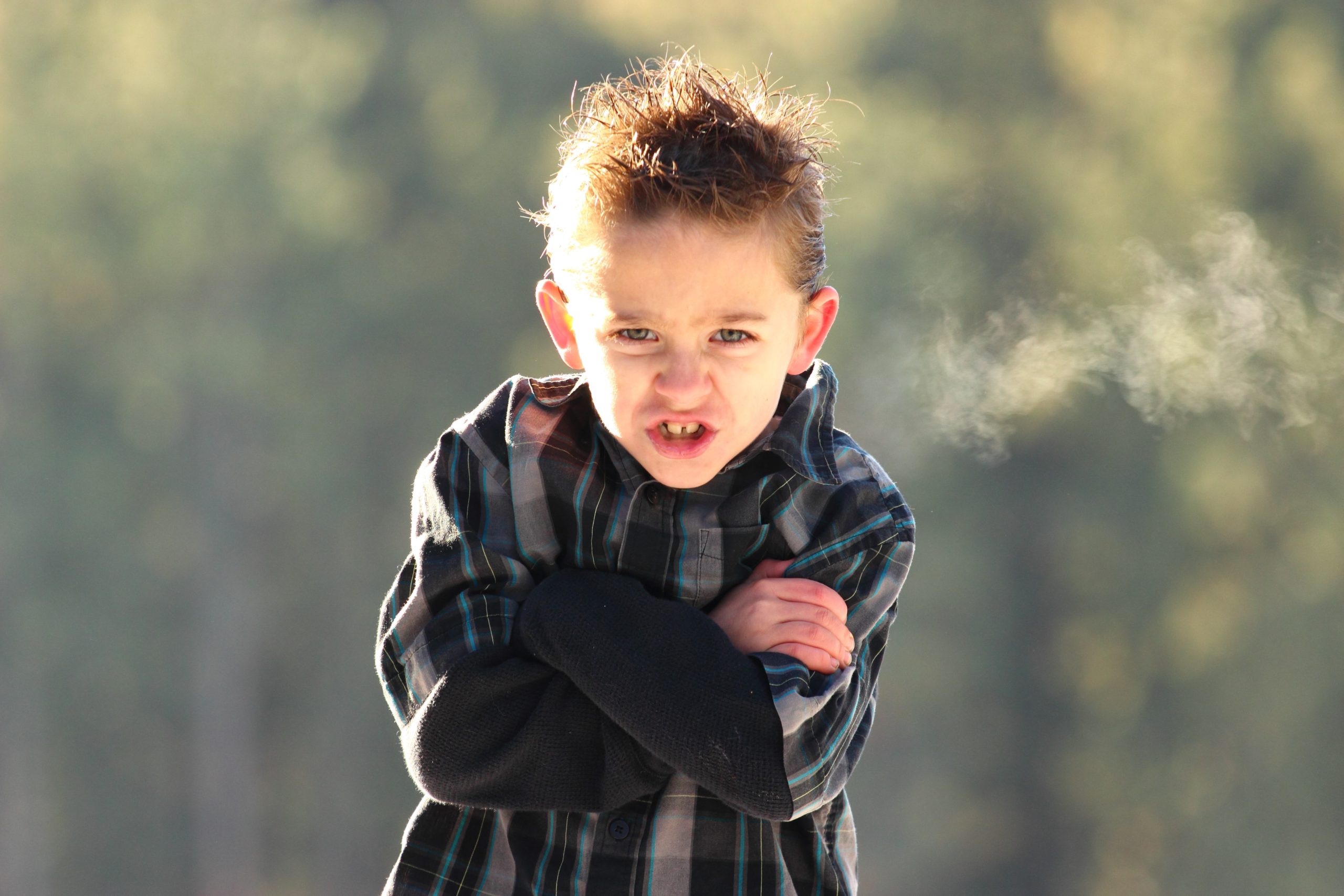In our society, it’s not uncommon for mom and dad to be controlling parents and try to control their children. From the moment a child is born, they’re given guidelines on how to live their life.
They’re told what clothes they should wear, what type of food they should eat, and when they should go to bed. As a result, many individuals grow up without a sense of identity or individuality because everything about them has been dictated by someone else.
Controlling parents can be detrimental in many ways–it limits the growth opportunities that kids need to develop resilience and other skills like problem solving and decision making; it also robs them from feeling like an individual with certain rights (e.g., deciding whether or not he/she wants to play soccer).

What is a Controlling Parent?
A controlling parent is someone that tries to control everything their child does. They might not listen to their children when they talk back, and instead just hound them with reproaches. They set out rules for almost every aspect of life for their child, sometimes even covering what the child wears or eats. When there are exceptions to these rules, it’s usually because the parents didn’t think of it first.
Controlling parents try to make decisions for their children without consulting them on anything. This can be harmful because controlling parents don’t let their children develop properly into adults themselves; they want to keep them as dependents forever so that they can control them better.
The Effects of Being Raised by a Controlling Parent
When a child is raised by a controlling parent, they go through a lot of trouble when they grow up. They have trouble expressing themselves and thinking for themselves because they have never been allowed to do so. Think about it: if the parents don’t let them think what they want, can’t wear what they want, eat what they want, or say how they feel, then that’s going to be reflected in their adulthood too.
Controlling parents also tend to control friends that their children make and who their children hang out with. When this happens, kids grow up without friends of their own choosing.
Signs of a Controlling Parent
Some signs of controlling parents are very easy to recognize. They will constantly tell their children what they should wear, who they should hang out with, how to behave, and so on.
When the child talks back about any rule that the parent has set up, the parent tells them that it’s for their own good or that they know better than their child does. If you’re just trying new things and having fun doing it, maybe your parents get upset and say something like “it’s not safe”, “you could get hurt”.
Or if you do get hurt even though your parents warned you not to try it out, then there is a lecture waiting for you when you get home.
How Do Controlling Parents Control Their Children?
– Control freak parents are known to obstruct their children’s independence by trying to control every aspect of their lives. The victim children tend to have a hard time breaking out of this state or having problems being independent adults.
– Controlling parents take away the child’s right to think for themselves, speak freely and behave as they please.
– These parents constantly interfere with their children’s decisions and make them constantly doubt themselves by constantly pointing out how wrong they were after decisions are made.
– Controlling parents like telling the child what they should wear, where they should go, and who their friends should be, giving them no say in any of these matters.
– Parents who are too controlling often tell their children that they know what’s best for them, but don’t realize that the children are trying to find their own way.
Sometimes, parents control their children because of fear or guilt. They may have had a bad relationship with one of their parents and now overprotectiveness is how they cope with it.
Conclusion
This article has provided a general overview of what constitutes a controlling parent and the effects that having one can have on children. We’ve also given some helpful hints for how to identify when you or your child is being controlled too much at home, in school, or elsewhere. It may be difficult but remember that there is always hope!

